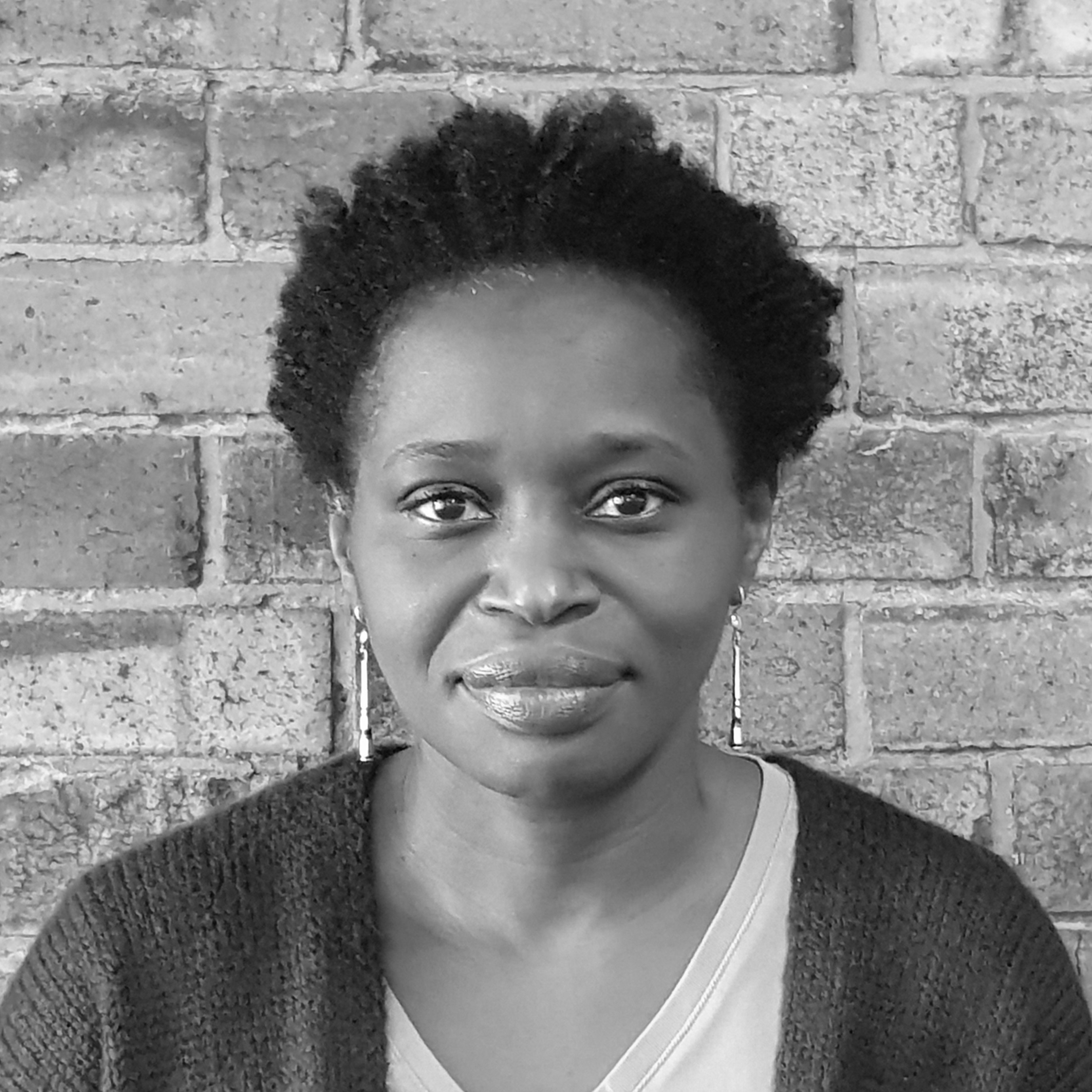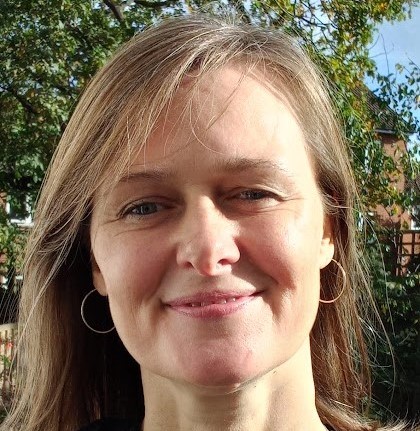Who We Are
End Corporal Punishment carries out a wide range of activities specifically designed to catalyse progress towards universal prohibition and elimination of corporal punishment of children.
We work to end all corporal punishment worldwide by:
- Conducting and supporting national, regional and international advocacy with accurate information and tailored technical resources, guidance and assistance
- Providing an up-to-date and comprehensive knowledge hub with evidence on the legal status of corporal punishment, its prevalence and effects and tools to secure its elimination
- Providing technical assistance to governments and civil society, supporting them to prohibit and eliminate corporal punishment
- Supporting a global movement of partners and supporters across all continents
Our vision
We want a world where children grow up free from violence. A world where everyone’s right to live without violence is respected, regardless of age. And we know it can be done!
We want every country to prohibit corporal punishment of children in all settings of children’s lives, including the home, and to take steps to put the law into practice. Research in countries that have done this shows that when law reform is systematically implemented, the use of corporal punishment significantly and continuously declines.
Find out more about what research tells us about putting prohibiting laws into practice.
Banning corporal punishment does not mean raising children without boundaries or discipline.
Children need the guidance of parents, teachers and others in order to grow into responsible and positive members of society – but this does not require violence. We want children to be respected and valued for who they are. We want adults to understand children’s rights and developmental needs, and to engage with children in a way that helps to foster their own self-discipline, resilience and life-long skills, build stronger, more positive relationships between adults and children, and create safer, happier environments.
Violence affects children’s self-esteem and what they can achieve in life. It impacts on children’s health and development and rather than improve behaviour, it actually increases the risk of aggression and antisocial behaviour, both in childhood and later life.
Prohibiting corporal punishment is the essential foundation for increasing awareness about the dangers of its use and promoting positive ways of raising children – and it is an immediate obligation for governments under the Convention on the Rights of the Child (CRC) and the Sustainable Development Goals (SDGs).
Our team

Sonia Vohito (PhD)
Legal Policy Specialist
Bess Herbert
Advocacy SpecialistEnd Corporal Punishment Governance
The End Corporal Punishment (ECP) Advisory Committee serves as custodian of the ECP brand, assets and strategic ECP vision. The Committee meets once a year and offers strategic direction and guidance to the ECP Reference Group and the ECP Secretariat for the implementation of ECP strategies and workplan. The Committee’s purpose is to share knowledge and expertise to ensure that ECP missions and aims are carried out effectively, its independence is maintained, and that its assets are protected, sustained, and remain as public goods. The Advisory Committee is composed of at least three members of the Reference Group, currently Save the Children, UNICEF and the World Health Organization.
The End Corporal Punishment Reference Group is an informal group that brings together strategic partners with resources and an ability and willingness to support ECP and its work to catalyse progress to end corporal punishment of children worldwide. The purpose of the Reference Group is to support the work of ECP and ensure collaboration between relevant partners to maximise progress in ending corporal punishment of children. The Group meets on a quarterly basis and provides opportunity for light-touch, upstream coordination of partners working in pursuit of shared global and national goals.
